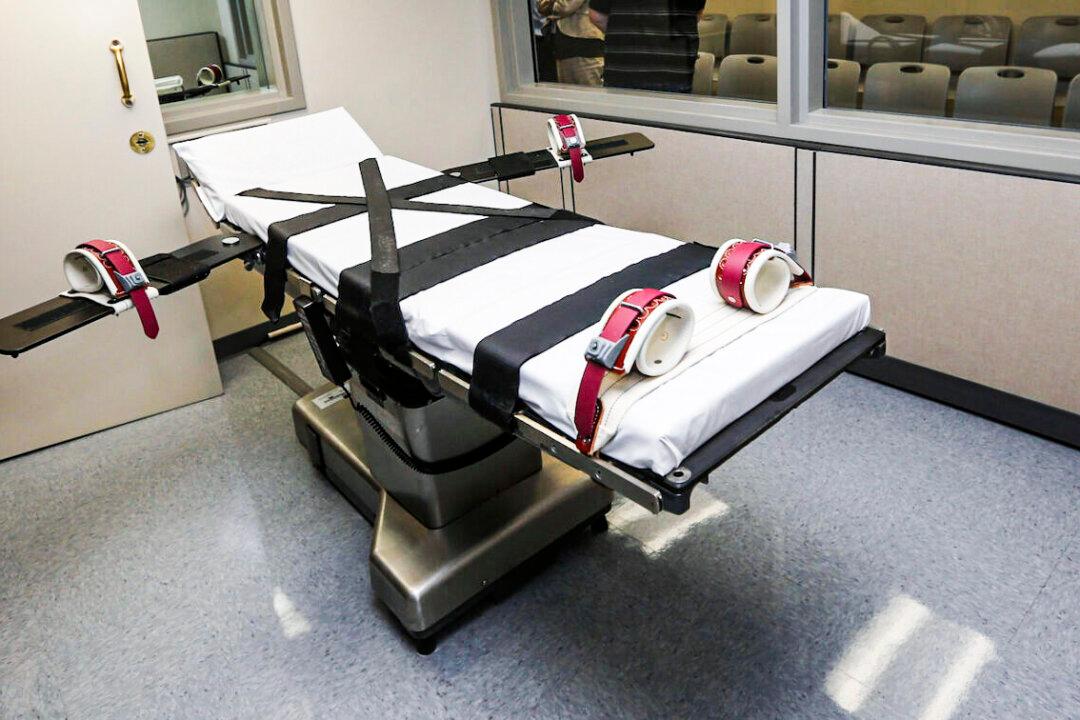Oklahoma carried out the first execution in the state in six years on Thursday to a death row inmate.
John Marion Grant, 60, was executed via lethal injection with a three-drug cocktail. He convulsed and vomited before he was declared unconscious about 15 minutes after the first of three drugs—the sedative midazolam—was administered. He was declared dead about six minutes after that, at 4:21 p.m.




